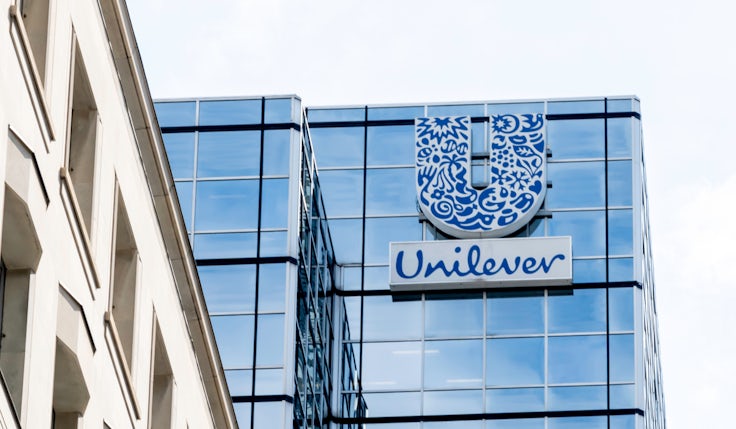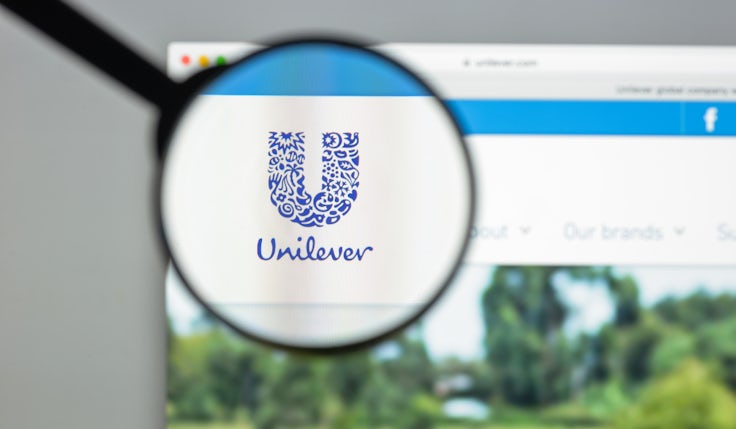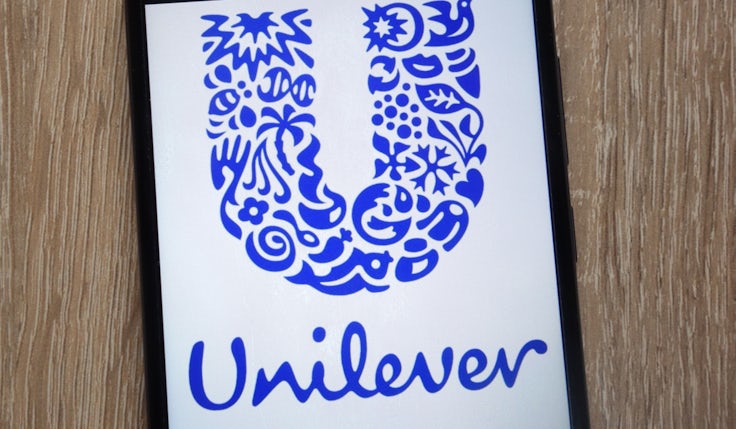Unilever bans ‘normal’ from beauty products in inclusivity drive
The FMCG giant will stop using the word ‘normal’ to describe hair and skincare products and has banned the use of excessive digital editing as it looks to “do more good, not just less harm”.
 Unilever will stop using the word ‘normal’ to describe beauty and personal care products as it looks to tackle harmful stereotypes used in marketing.
Unilever will stop using the word ‘normal’ to describe beauty and personal care products as it looks to tackle harmful stereotypes used in marketing.
The FMCG giant, which makes brands including Dove, Lifebuoy and Lynx, made the decision after research shows using the word ‘normal’ to describe hair or skin makes most people feel excluded.
The study of 10,000 people across nine countries finds seven in 10 people believe using ‘normal’ on packaging has a negative impact, which rises to eight in 10 among those aged 18 to 35.
“We know that removing ‘normal’ from our products and packaging will not fix the problem alone, but it is an important step forward,” says Sunny Jain, Unilever’s president beauty and personal care.
“With 1 billion people using our beauty and personal care products every day, and even more seeing our advertising, our brands have the power to make a real difference to people’s lives. As part of this, we are committed to tackling harmful norms and stereotypes and shaping a broader, far more inclusive definition of beauty.”
Strategy to ‘do more good’
The move to eliminate ‘normal’ from packaging forms part of Unilever’s new Positive Beauty strategy, through which it aims to “do more good, not just less harm”. It will impact innovation, product development, marketing and advertising.
As well as removing ‘normal’ from packaging and advertising, Unilever has banned the use of excessive digital editing to alter body shape, size, proportion or skin colour across its own advertising and that of the influencers it uses.
As part of the drive, the FMCG giant plans to up marketing investment for ads that portray a greater diversity of people, including underrepresented groups, to help it achieve its target of reaching 1 billion people per year with its inclusive beauty message by 2030.
It also has ambitions to create a more inclusive portfolio of products, drive gender equality and improve health and wellbeing through new and existing initiatives.
Elsewhere, the brand aims to protect and regenerate 1.5 million hectares of land, forest and oceans by 2030, and it is supporting a global ban on animal testing for cosmetics by 2023.
Unilever’s research shows 52% of people say they pay more attention to a company’s stance on societal issues before buying products. And 74% of people believe the beauty and personal care industry should focus on making people feel better rather than just look better.
By failing to focus on improving inclusivity Unilever believes brands risk losing out on millions in revenue.
“With more consumers than ever rewarding brands which take action on the social and environmental issues they care about, we believe that Positive Beauty will make us a stronger, and more successful business,” adds Jain.






